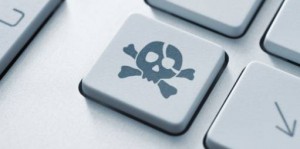 Representatives of the phonographic and audiovisual sector mobilized in the National Congress. The intention is to ensure that crimes against intellectual property are punished in the reform of the Brazilian penal code (PLS 236/2012).
Representatives of the phonographic and audiovisual sector mobilized in the National Congress. The intention is to ensure that crimes against intellectual property are punished in the reform of the Brazilian penal code (PLS 236/2012).
A letter that will be delivered to parliamentarians calling attention to the need to include amendments proposed by the sector. The Penal Code Reform will be voted tomorrow, 10, in the Federal Senate Constitution and Justice Commission. According to the entities, Senator Vital do Rêgo's report failed to consider the demands of combating piracy.
Sign the letter: MPA (Motion Picture Association), ABTA (Brazilian Association of Pay-TV), ABPD (Brazilian Association of Record Producers), UBV & G (Brazilian Union of Video and Games), ABERT (Brazilian Association of Radio Broadcasters and Television), SICAV (Interstate Union of the Audiovisual Industry), ABPI (Brazilian Association of Intellectual Property), FNCP (National Forum against Silverware and Illegality), and ETCO (Brazilian Institute of Competition Ethics).




